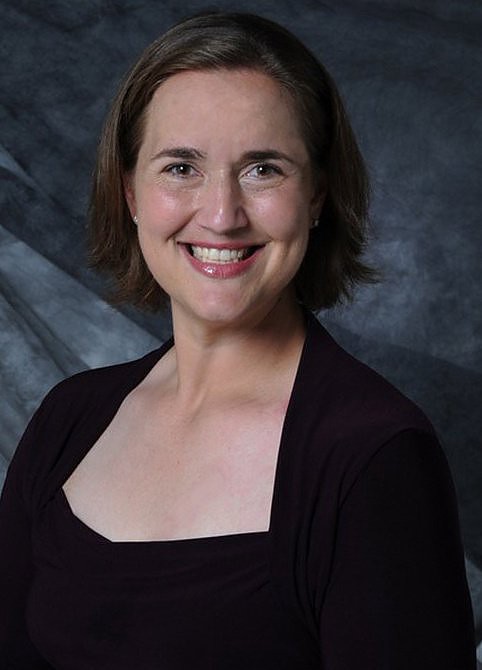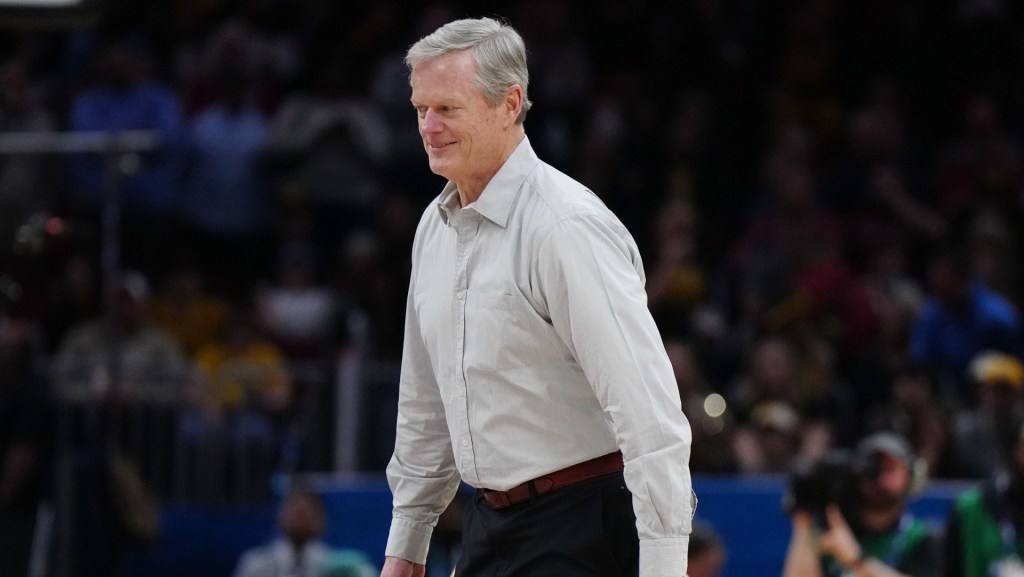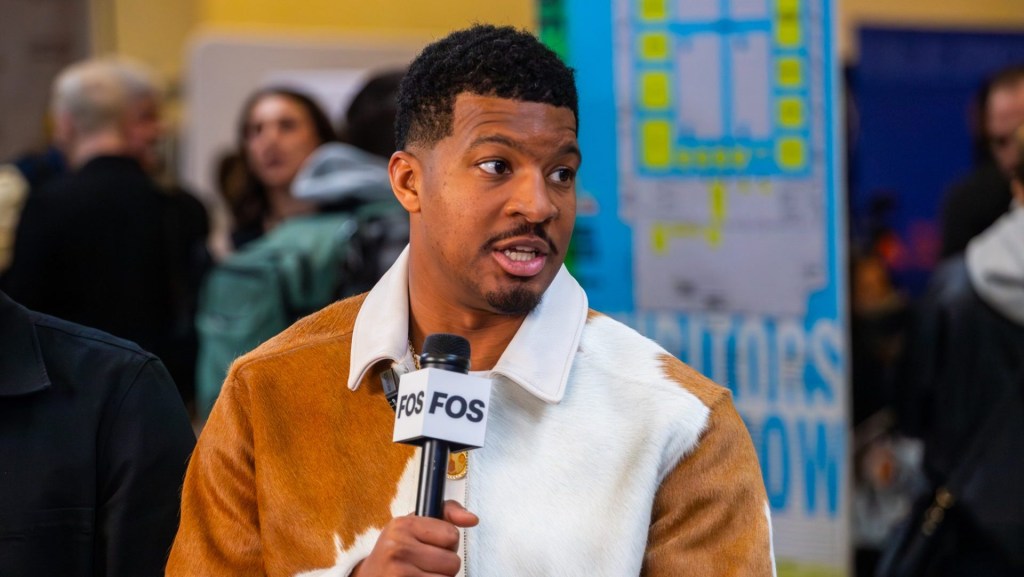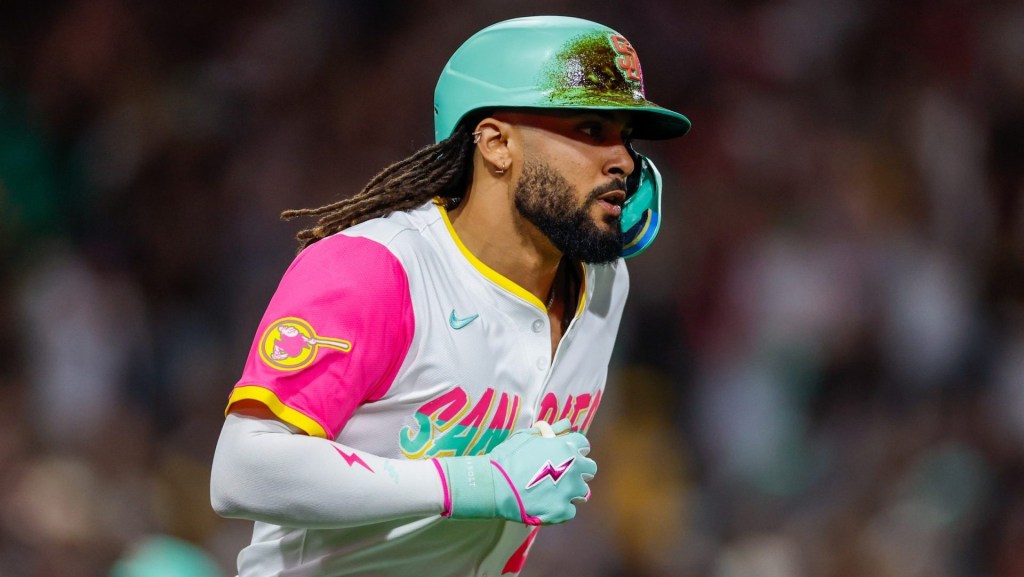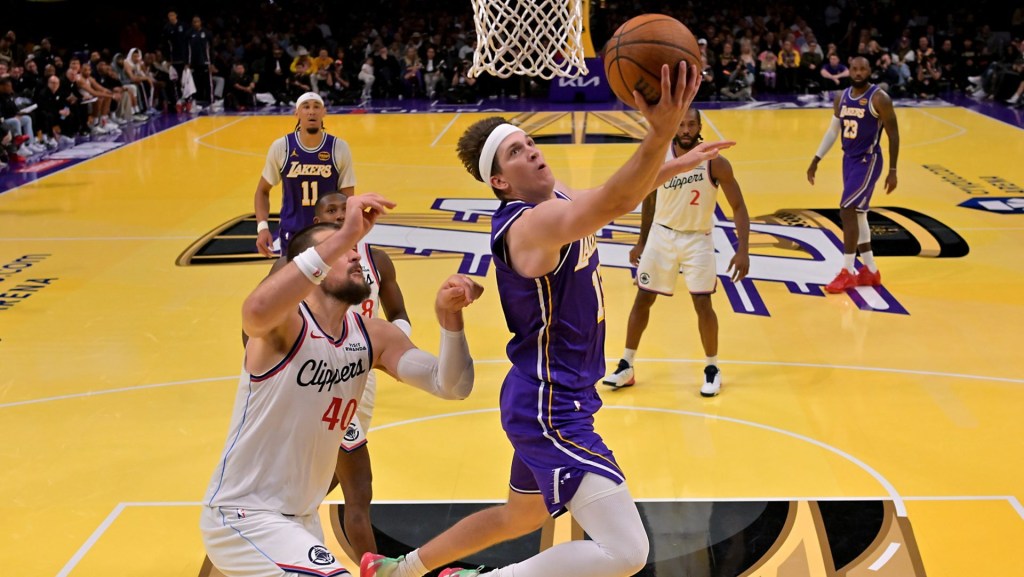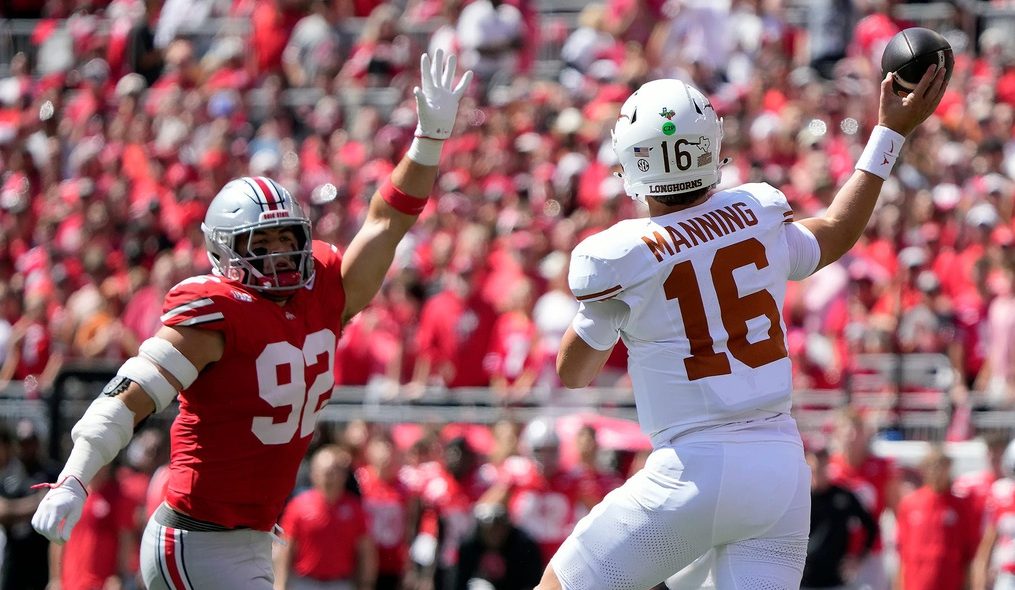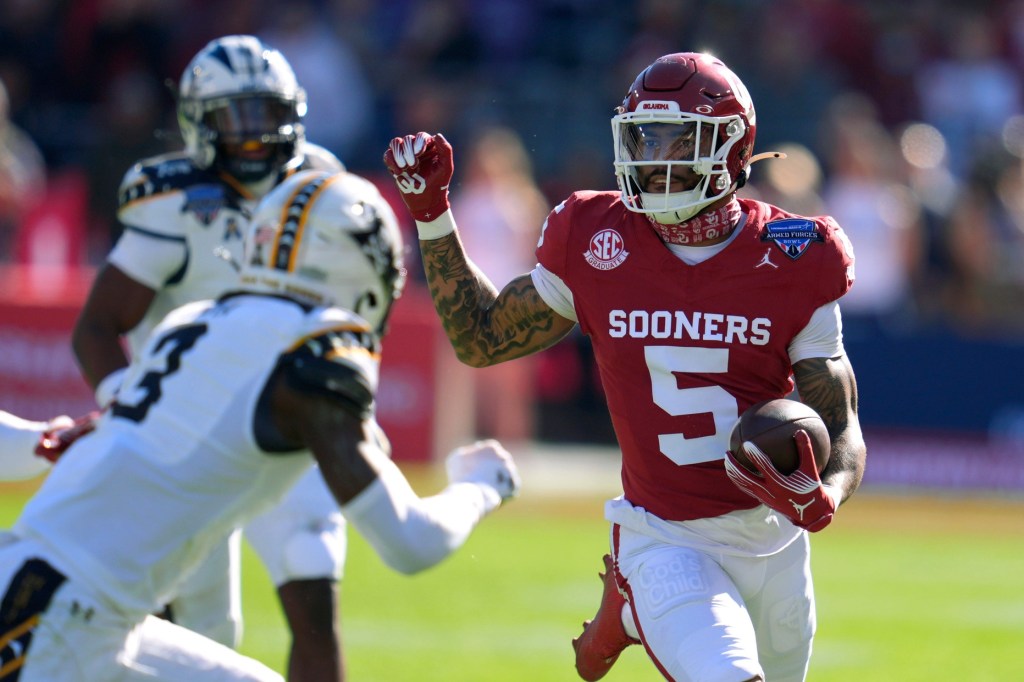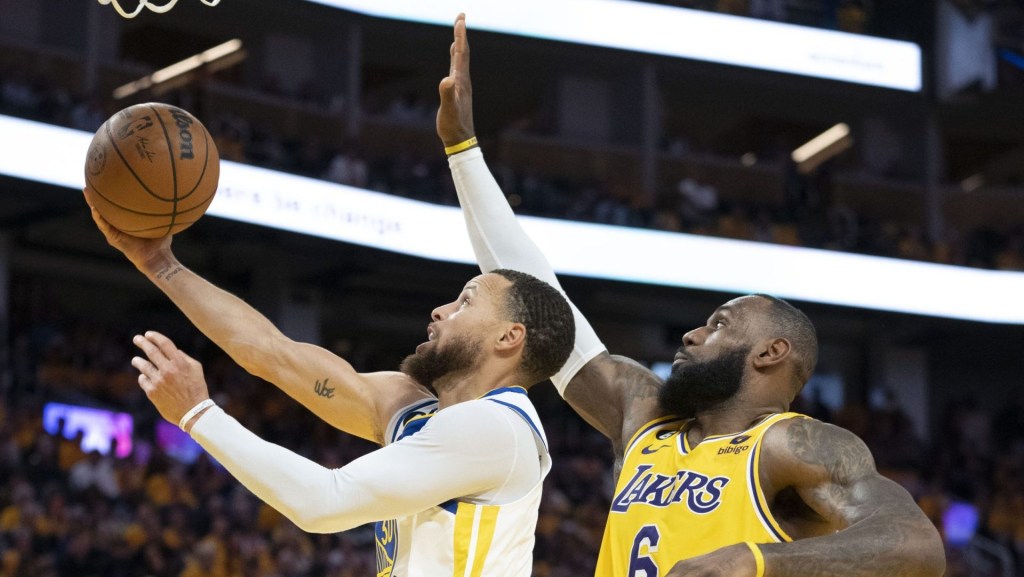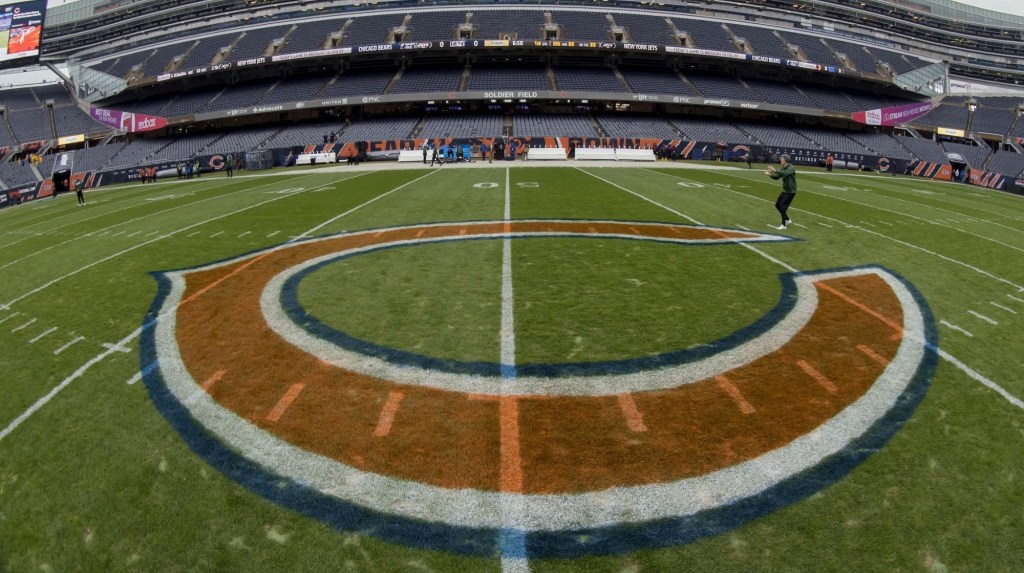By: Amari Dryden, @Amari_Dryden

Front Office Sports is proud to have sat down with Dr. Karen Freberg, Assistant Professor of Communications at the University of Louisville. Her career in public relations started unknowingly in high school but was revealed to her in college when switching majors. She was gracious enough to offer up her wisdom on how technology and social media have changed sports and the industry over the years.
What has your journey been like going from a graduate of the University of Florida to now being an assistant professor of communications at the University of Louisville?
I started my career in public relations at the University of Florida, originally as a pre-med major. I took my first anatomy class and realized this was definitely not the field for me. Then I debated on where to go next. It wasn’t until my academic athletic advisor pulled me aside and said I should consider going and becoming a PR major.
In high school I had contributed to a track and field blog and website, created my own newsletter and promoted myself as a high school track and field student athlete. At the time I didn’t realize that was public relations. I took my first PR class and fell in love with it. I love the interactions and the changing of the field, how you have to be adaptive to all forms of communication trends and audience needs. That was my first moment entering the field.
I got my Bachelors of Science degree in PR at the University of Florida. While at Florida I was a student athlete on the track and field team. I did have a really bad back injury my last year so I redshirted that year and spent my time in rehab. I got accepted into the Master’s program in Strategic Public Relations at the University of Southern California (USC).
I moved again to the University of Tennessee in Knoxville for my PhD in Communications where I focused on primarily on PR but in the specific area of social media and crisis communication.
Once I graduated with my PhD in 2011, I moved a little bit up north to Louisville, KY where I’ve been an assistant professor at the University of Louisville in strategic communication for the past four years.
How much of an impact has social media had in regards to the business and sports worlds over the years?
It’s really evolved and transformed the field. It’s not just how people are reporting sports, but how are people consuming information and how they engage with all parties involved. Nowadays if media wants to talk to an athlete, they can basically see what students and athletes are posting and tweeting about, looking at Instagram, snapchatting, posting on Facebook instead of always having to go through the Sports Information department. The barriers between the gatekeepers have pretty much diminished in terms of connecting the fans to the student athletes.
I do see a dark side of social media and how it’s changing sports. Some students who are really big fans of sports go on Twitter or they post on Facebook reactions to a game or to a performance in a competition of various athletes. Some of the comments you do see are really intense and in many cases are going beyond the line. I remind these students who are posting these types of updates do you think at all how it would feel if you were on the other side of the screen reading these comments? Sometimes people react saying that never crossed their mind so I tell them think before you post.
Social media has raised some great opportunities and benefits for sports but like all circumstances, it does raise challenges that we need to be aware of and acknowledge as a field.
Technology seems to change daily. What are some of the best ways for a young professional to keep up?
It’s hard at times to keep up with everything because there’s so many different resources and media outlets and people you can follow. What I have found to be very useful is I try not to sit through all the information at once but do a little bit each day and its part of my routine. I sift through and read key articles and resources on social media to see what people are talking about, what campaigns have been initiated, what are some new platforms people are testing out. I share the content like blogs, posts, videos, etc. with my students and my network. I’m in the same mindset where we’re all on the same page so the more information we can share with each other, the better off the community is.
I also find that following people and following those communities that are having those engaged conversations have been beneficial. I definitely follow some key people who are experts and leaders and are very generous with their content. Everyone seems to be so positive and engaging with others by sharing content and lessons learned. I thrive on that so that’s another way I try to keep updated with what’s going on.
In terms of providing information, providing information leads to relationships and then to networking so it allows you by sharing information and becoming a resource you then position yourself to establish long-lasting networking relationships that can lead to future opportunities, jobs or internships possibly for students.
What are some mistakes students make on social media that hinder their ability to get a job?
If I had to name one lecture that has not changed at all in the couple years I’ve been teaching a social media class at the University of Louisville, it’s basically that. I would say that the biggest mistake that I see students do revolves on how students present themselves on social media. You do see some students that are very transparent. They want to be very open and showcase their personality which I have no problem with but I have to tell them how would you answer questions about what you’re posting to an employer of a Fortune 500 company or one of the top brands.
Students need to be aware of how they present themselves personally but still how to use professional etiquette when it comes to social media. I spend a lot of time emphasizing that yes you can showcase your personality and be you but you also have to have a professional side. That’s something I have to be aware of too. Or they don’t realize that what they’re posting is public.
I tell them even if content ‘disappears’, the most dangerous action that can happen when you’re looking at practicing on social media is the screenshot. You may have posted or tweeted something and you deleted it but somebody has a screenshot and they’ll circulate it. That’s something you see a lot of times with these crisis situations is people bring up a past tweet from a couple years ago or they did a search or were in the right moment and time when someone tweeted or posted something that sparked a controversy or crisis for them or team.
That’s what I try to do addressing that in my classes. I showcase those examples and talk about the ramifications and consequences and highlight some best practices on making sure they’re aware and to not do it.
What communication skills do you see as critical for professional success?
Number one is writing. That comes across so much like talking to professionals, having strong writing skills in different formats. It’s not just tweets, it’s about your strategy and objective timing it into an overall vision and purpose for a sports team, organization, business, even finding your own voice on how you articulate your own thoughts in a blog.
I have several students who are student athletes who are interested in going pro. I asked them what makes you different from all the other potential athletes wanting to go and be pro. They typically say they haven’t thought about that. I say go and write down your business plan and strategy plan on who you would market yourself, how you would promote yourself to agents and the media. These are hands-on skills. Writing content is really important.”
I would say for students or young professionals who want to get into the sports field I would say number two is research and data insight skills. Not only have an understanding of how to conduct research but translating that data into information. That is one thing we’re seeing a lot right now, being asked by corporations, by professionals, agencies and even sports teams. How do we use data like how many people are tweeting about our team. What does that overall mean? Are there any influences that we haven’t reach out to that need to be tapped in to? Is there a whole other community of audience members we’re not targeting or reaching out to about our upcoming game that they’re interested or want to talk about? Are there other resources that we’re missing to engage those partnerships to possibly look for new sponsorships or internship opportunities? How do we make those connections?”
I’d also add graphic design and visual content as well.
What advice do you have for students who want to get a job in the communications/public relations field?
Taking every opportunity to improve on yourself and show initiative and be motivated. Jobs and internships with sports teams are not going to be just given away. You have to work hard for the opportunities and that means going the extra mile. Doing one internship is great but I think the more experience you can get the better. I recommend doing three to five. I know that sounds like a lot, but in this day and age where everything is so competitive, you want to be able to look at your internship experiences and see what skills you learned. Learning does not end after you leave the classroom.
My motto in my class is work hard, win easy. You have to train each day by reading new articles and blog posts, make networking connections, and use tutorials to improve your understanding about what has happened in social media. Do that on a regular basis.
What is your favorite aspect of your job?
I enjoy interacting with students because every semester I get a group of students and all of them are interested in communications or social media but what I really thrive on when I’m talking about current trends or campaigns is seeing students have that spark where they realize not only did they get the idea, they want to go into the field or pursue whatever they can such as resources, jobs, internships to be the best professional they can be in the field. When I see students like that I’m thrilled. I’ve had that happen to a couple students in my social media class and now they’re working in social media, some of the in sports. To be able to mentor and pass along information to students who are really passionate and helping them make networking connections at any point. Seeing my students succeed in the real world is so rewarding.
Parting wisdom?
Take every opportunity to be a part of those forever changing environments. It’s an exciting time but also realize that if you want to be successful in this industry, you’re going to not only have to work hard and do the necessary work in the classroom, but push yourself. Ask yourself can I do more? What can I do to separate myself from others? What is my brand? What do I stand for? What makes me unique?
Social media is about tools and platforms and analytics and all that kind of stuff but it’s also a mindset. If you have a mindset where you know how you consistently project yourself, interact with others and showcase your brand online the same way you do offline, you will be successful.
We would like to thank Karen for her time and insight and we wish her the best in all her future endeavors!
You can follow her on Twitter here, or connect with her on LinkedIn here!
This interview is the third edition of “Winning Edge Wednesday” in congruence with our partnership with the Winning Edge Leadership Academy. Every Wednesday we will be featuring the story of a woman or minority working in the sports business industry. If you know of a professional you would like featured, drop us a line at russ@frontofficesports.org.

